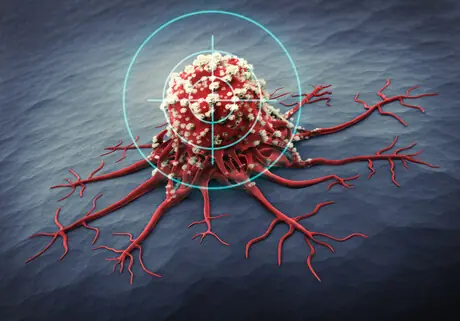
Menopausal Brain Fog? Low Iron Levels May Be the Hidden Cause
Menopausal Brain Fog? Low Iron Levels May Be the Hidden Cause

If you’re experiencing brain fog during menopause, you're not alone—and new research suggests that low iron levels might be a surprising culprit. A recent study published in the journal Nutrients reveals a strong link between healthy blood iron levels and better performance on cognitive tasks such as memory, focus, and attention during the menopausal transition.
The findings offer fresh insight into why so many women feel mentally sluggish during this life phase—and how simple nutritional changes may help restore mental clarity.
The Iron–Cognition Connection
Researchers examined a group of women going through perimenopause and menopause and discovered that those with optimal iron levels performed significantly better on cognitive tests than those with lower-than-ideal iron, even if they weren't officially diagnosed as iron deficient. The most affected areas? Tasks involving concentration, short-term memory, and reaction speed.
The cognitive slowdown wasn’t dramatic—often just milliseconds in delayed reaction time—but over the course of daily life, that can add up. Whether you’re trying to form a sentence, recall a name, or make a split-second decision, those tiny delays can feel like you're constantly stuck in a mental haze.
Iron Without the Risk
One of the study’s most promising discoveries is that improving blood iron levels didn’t result in excess iron accumulation in the brain—a critical finding, since high iron levels in brain tissue have been linked to neurodegenerative diseases like Alzheimer’s and Parkinson’s.
In short, it’s possible to boost iron safely during menopause without increasing the risk of long-term brain damage.
Why Menopause Alters Iron Needs
Before menopause, women lose iron regularly through menstruation, which naturally lowers iron stores in the body. After menstruation ends, those losses stop—but iron needs don’t disappear. In fact, the body's shifting hormone levels during this time may influence how iron is absorbed and utilized, especially in the brain.
Despite this, many routine OB-GYN visits skip iron testing, meaning some women may be unknowingly living with suboptimal iron levels that impact their mental clarity and even visual function. That’s because iron is essential for dopamine production, a neurotransmitter that supports thinking, mood, and vision.
Symptoms of Low (But Not Deficient) Iron
Many women assume they only need to worry about iron if they are officially diagnosed as anemic. But this study shows that even mild shortfalls can lead to:
-
Difficulty concentrating
-
Slower memory recall
-
“Brain fog” or mental sluggishness
-
Subtle vision changes
-
Mood imbalances
What You Can Do: Safe Ways to Boost Iron
If you’re noticing cognitive changes during menopause, it may be worth discussing iron testing with your doctor—even if you feel healthy overall. If your levels are low but not deficient, you may benefit from low-dose iron supplements or simply increasing iron-rich foods in your diet.
Here are some gentle ways to support healthy iron levels:
-
Iron-rich foods: Include spinach, lentils, pumpkin seeds, red meat, tofu, and fortified cereals.
-
Pair with vitamin C: Boost iron absorption by eating foods like oranges, strawberries, or bell peppers alongside iron-rich meals.
-
Low-dose supplements: These are easier on the stomach and may still provide cognitive benefits.
Avoid self-prescribing high-dose iron, as too much iron can lead to digestive issues and other complications. Always consult with a healthcare provider before starting supplements.
The Bottom Line
Brain fog during menopause is real—but it’s not always just “in your head.” This study highlights the importance of looking at nutritional factors like iron as part of a comprehensive approach to women’s brain health during midlife.
With proper testing and targeted changes, many women can improve mental clarity, boost energy, and regain focus—without risky interventions. Sometimes, the right nutrient at the right time can make all the difference.
News in the same category

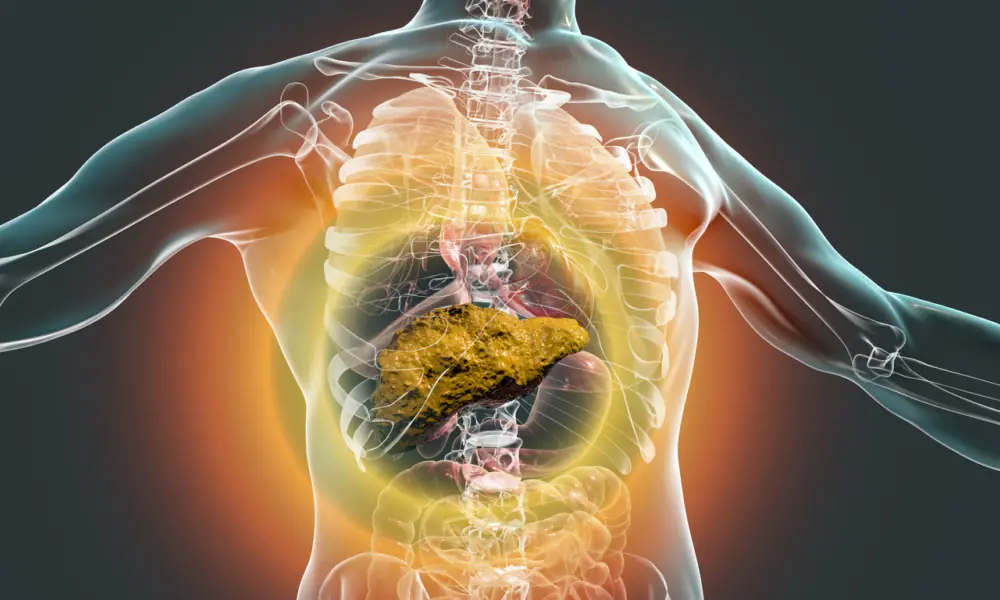
Fatty Liver Disease Affects 1 in 4 People — A New Treatment Shows Promising Results

Lung Cleansing with a Powerful Natural Garlic Juice

A recent study has uncovered a key switch in aging—and it all comes down to a structure inside your cells called the nucleolus

ScienceScientists Say Viral Infections Could Be The Hidden Cause Of Alzheimer’s — 30 Years Of Research Now Validated

🧄🌿 Natural Remedy for Leg Pain, Rheumatism, Varicose Veins & Arthritis with Cloves and Garlic

White Clover (Trifolium repens): 15 Benefits and Homemade Uses

Breakthrough Protein Combo Could Heal Heart Damage and Regenerate Organs
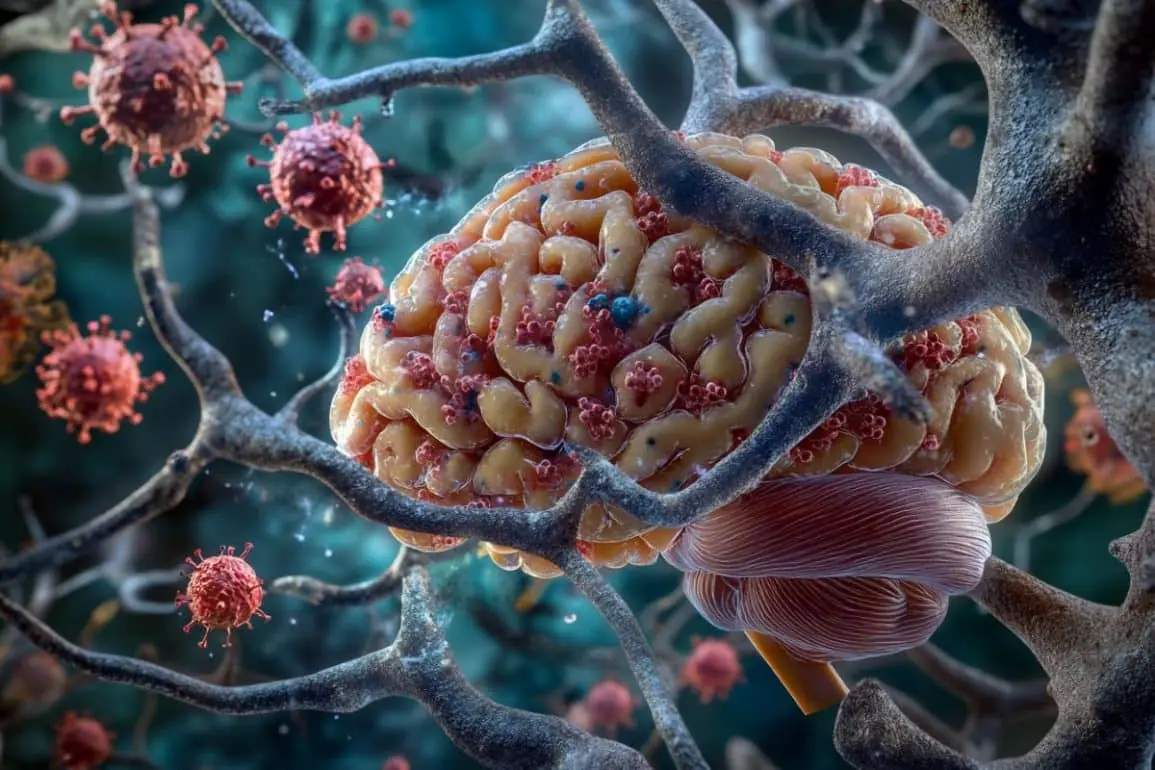
Head Injuries May Reactivate Dormant Viruses and Trigger Alzheimer’s-Like Brain Damage
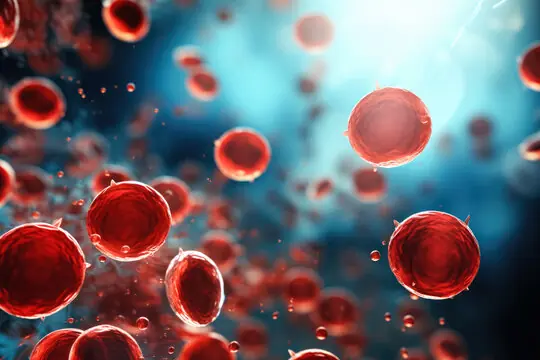
How Blood Production Changes After 70: New Research Reveals a Surprising Shift

What Is Acid Reflux? Causes, Symptoms, and How to Prevent GERD

AI and Eye Scans: A Breakthrough in Fast, Accurate ADHD Diagnosis

Early Signs of Heart Disease: What Chest Pain, Shortness of Breath, and Swollen Legs Could Mean
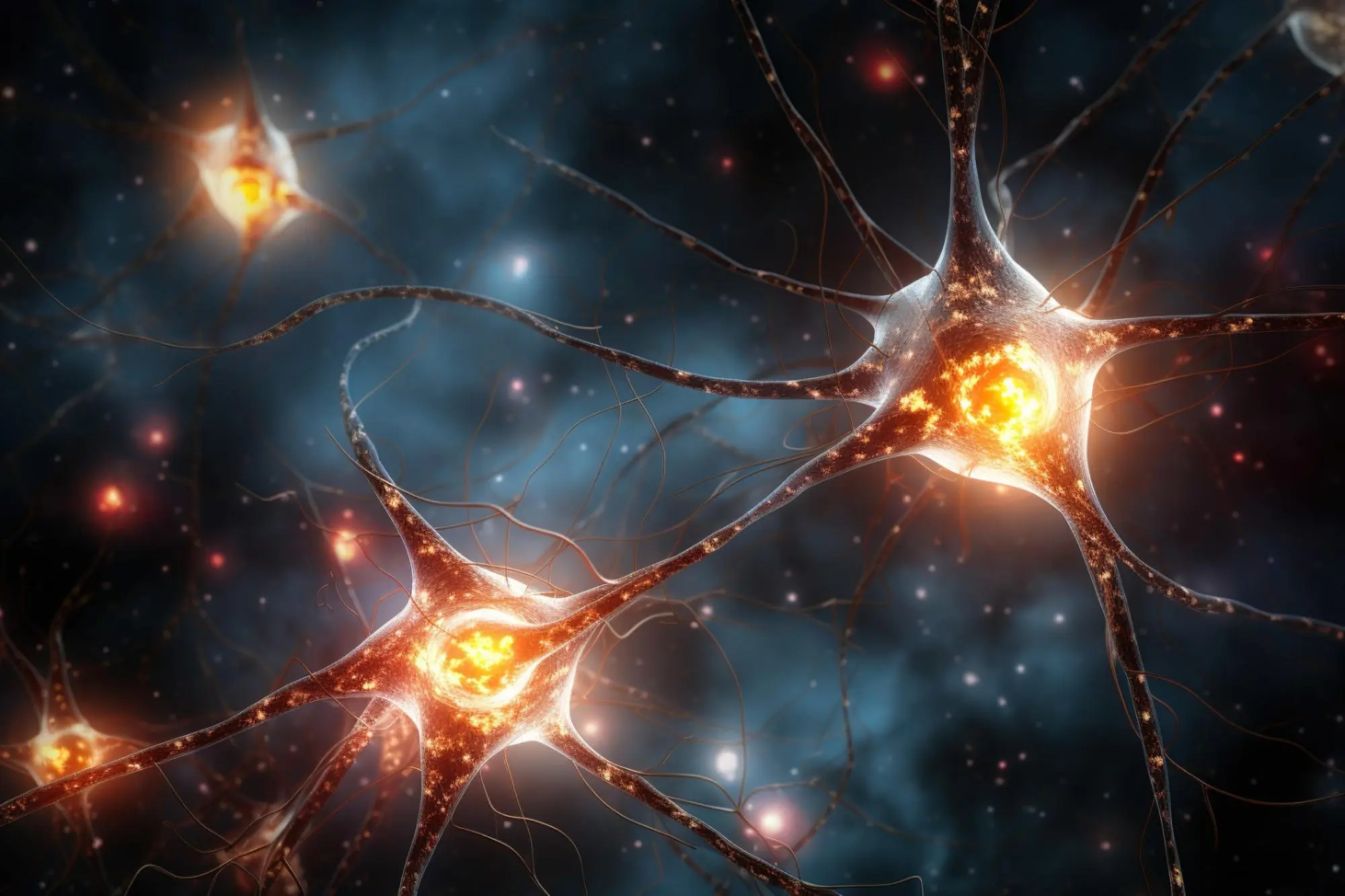
Groundbreaking Nanoparticle Technology Reverses Parkinson’s Disease in Stunning Study

This Psychedelic Root from Brazil May Be Able to Treat Depression

Researchers Reveal How Long It Takes To Grow Muscle When Lifting Weights

Waking Up After 6 Hours of Sleep? Here's Why—and Whether It’s Enough
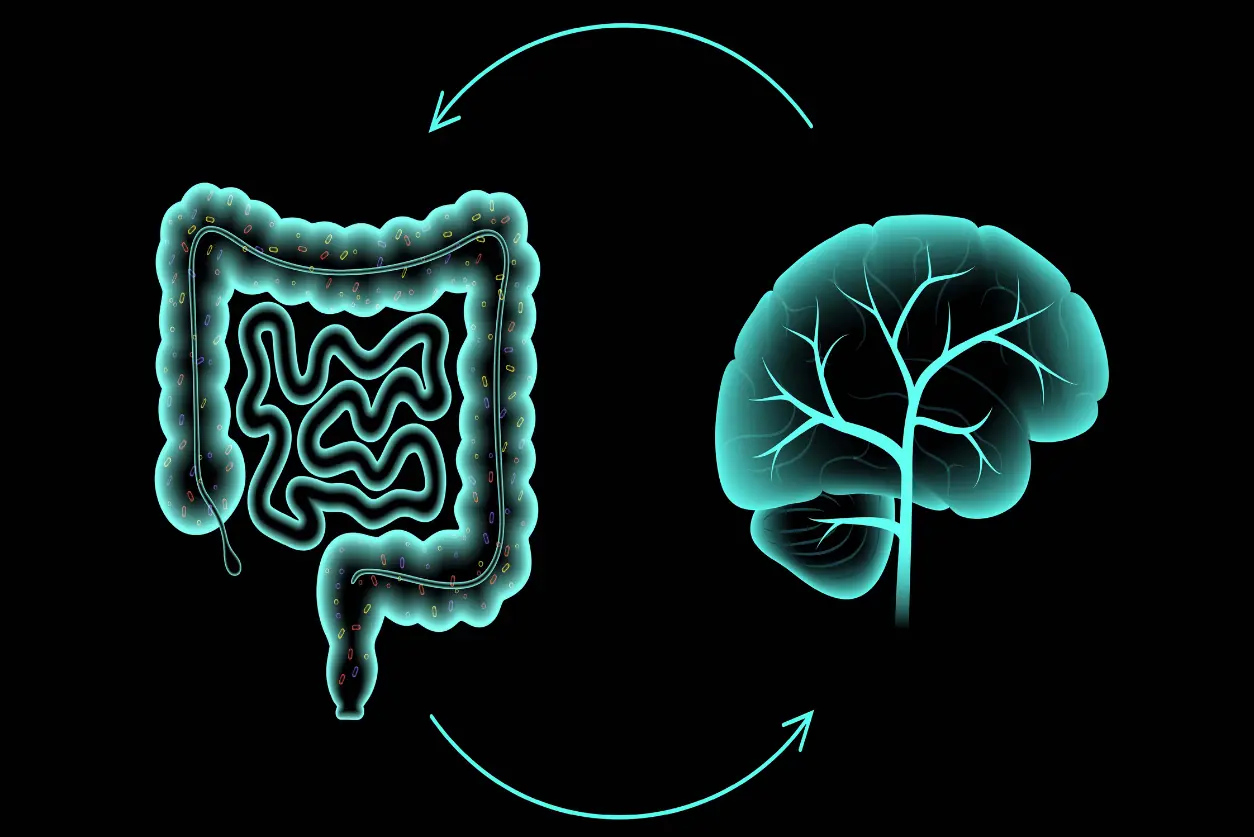
How Your Gut Bacteria Influence Your Mood, Thoughts, and Mental Health

The Hidden Cost of Anger: How One Minute of Rage Can Weaken Your Immune System for Hours
News Post

Persistence Hunting: How the San People of the Kalahari Master the Art of Endurance

Halley’s Comet Is Back, But This Time, It’s Raining Fire

Breakthrough Cancer Treatment Uses Ultrasound and Microbubbles to Destroy Tumors from Within

Fatty Liver Disease Affects 1 in 4 People — A New Treatment Shows Promising Results

Lung Cleansing with a Powerful Natural Garlic Juice

A recent study has uncovered a key switch in aging—and it all comes down to a structure inside your cells called the nucleolus

ScienceScientists Say Viral Infections Could Be The Hidden Cause Of Alzheimer’s — 30 Years Of Research Now Validated

Greece Rocked By Massive Earthquake As Tsunami Warning Sparks Panic

Sun Unleashes Monster Flare As Scientists Say Earth Could Be Hit By Massive Solar Storm Tomorrow

🧄🌿 Natural Remedy for Leg Pain, Rheumatism, Varicose Veins & Arthritis with Cloves and Garlic

Modern House Fires Burn Faster: Why You May Have Only 3 Minutes to Escape

White Clover (Trifolium repens): 15 Benefits and Homemade Uses

A Mom of 7 Demanded My Deaf Grandpa Get Out of the Elevator—So I Brought Her Back to Reality

Could the Sahara Desert Power the Entire World with Solar Energy?

Breakthrough Protein Combo Could Heal Heart Damage and Regenerate Organs

Head Injuries May Reactivate Dormant Viruses and Trigger Alzheimer’s-Like Brain Damage

How Blood Production Changes After 70: New Research Reveals a Surprising Shift

My Ex-husband Got Our House, Car and All Our Money After Divorce – I Laughed Because That Was Exactly What I Planned
